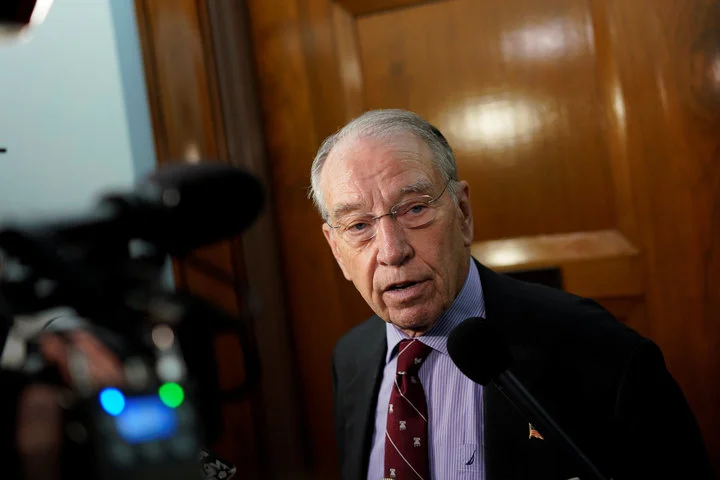Staff at L.A. County's juvenile halls and camps use pepper spray on kids too often, too quickly, and in situations when it isn't necessary, according to a report issued by the county's inspector general.
Our Vision
The Michigan Juvenile Detention Association will continue to be a national leader in promoting and sustaining of exemplary juvenile detention, residential treatment, and community based services for youth and their families.
Our Mission
The Michigan Juvenile Detention Association is committed to the highest standard of professional ethics, overall excellence in the care and custody of youth, and the provision of services to their families.




















